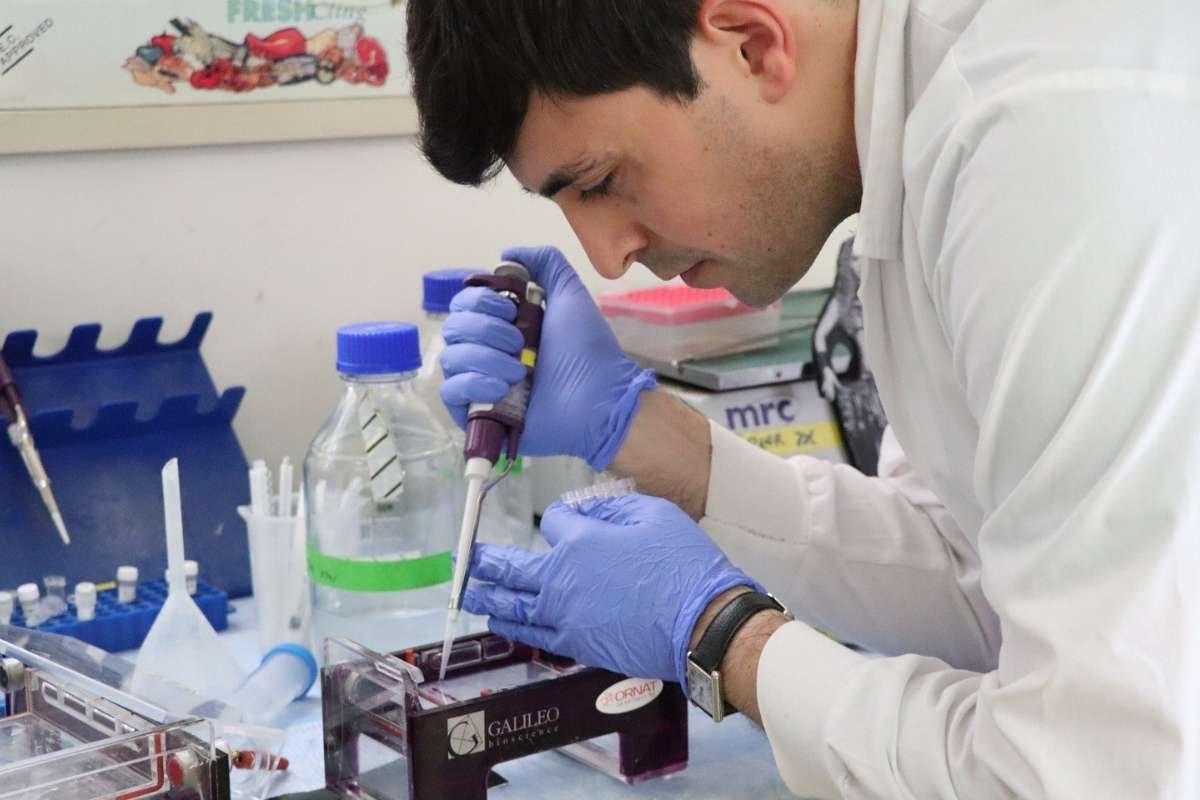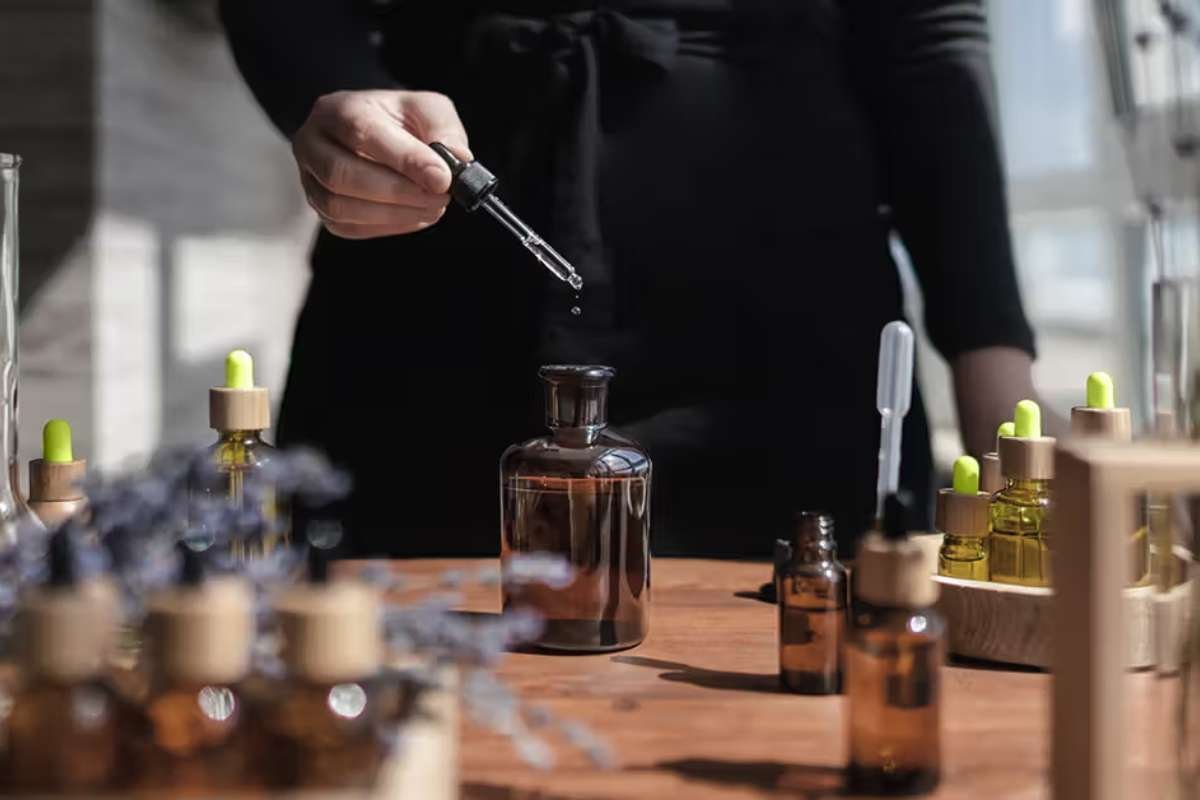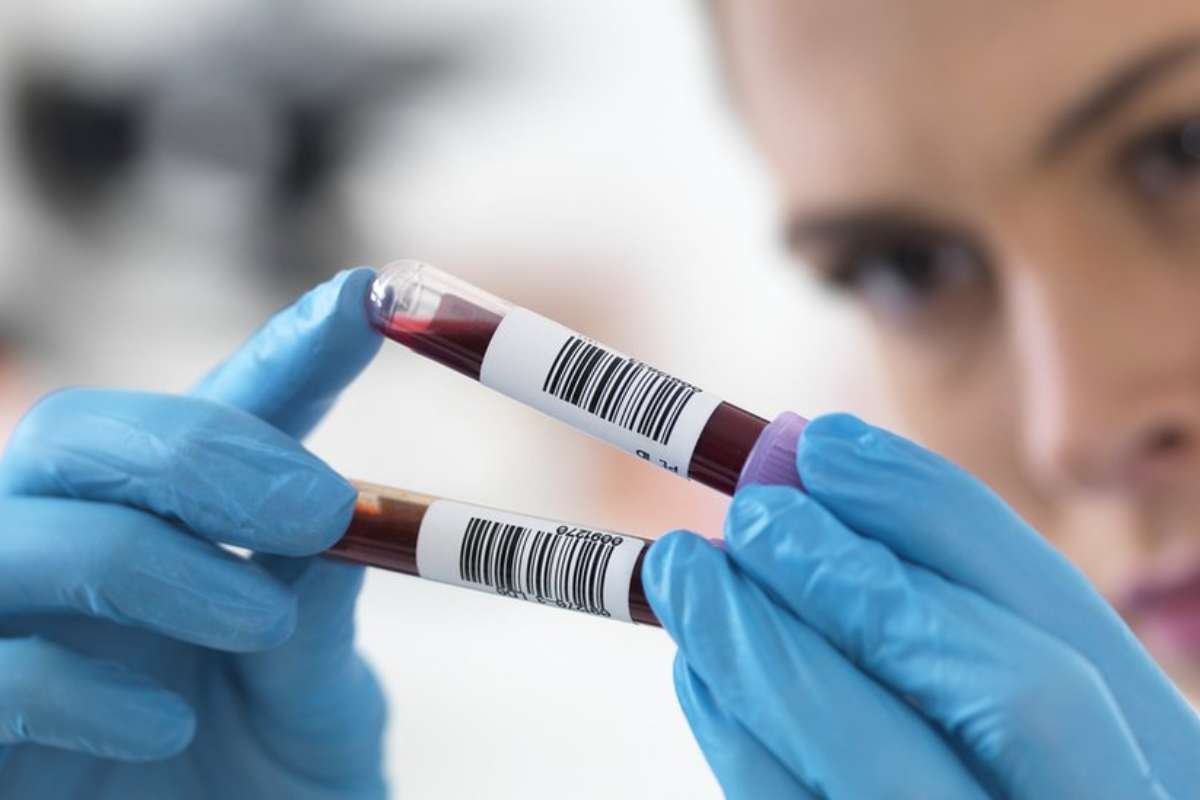Hair loss in men is quite a common condition. Hair follicle refueling is a topic of research that is going on for ages now. Once the natural hair starts to fall, there’s no option other than a hair transplant, to gain the hair back. Men’s hair loss is the most common issue after a particular age. A cure for male-pattern baldness is not yet found, as the research seems unending on the topic.
Especially if there’s a heredity of hair loss in the genes, then it isn’t quite possible to get rid of it. Both men and women have hair loss according to their gender. It is addressed in the way it is. For males, male-pattern baldness, and for females, female-pattern baldness. The start of the issue begins at the hairline itself.
The thinning starts at the hairline. The hairline shifts backward in men, exposing more of their forehead. Men’s hair loss begins in their early 30s, making the hairline go thinner gradually. Hair loss in men is caused due to a combination of genetics and hovering male sex hormones called androgens, namely, dihydrotestosterone.
Understanding Men’s Hair Loss
Men’s hair loss, medically known as androgenetic alopecia, is a common condition characterized by a gradual thinning of the hair and a receding hairline. It typically occurs due to a combination of genetic and hormonal factors. Testosterone, the primary male sex hormone, converts to dihydrotestosterone (DHT) in the hair follicles, which can lead to the shrinkage of hair follicles and shorter hair growth cycles. Over time, this can result in thinner and shorter hair strands, eventually leading to hair loss.
Remedies for Preventing Hair Loss:
While genetics play a significant role in men’s hair loss, there are several remedies and lifestyle changes that can help prevent or slow down the process:
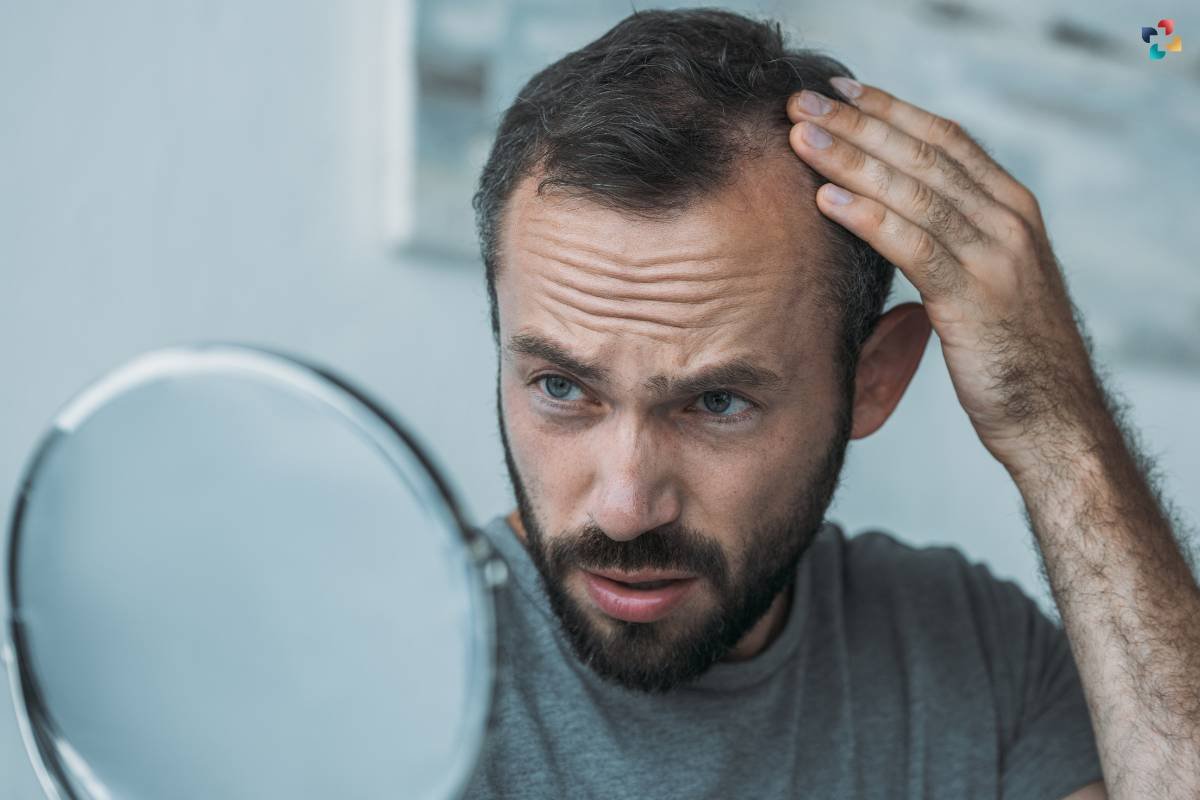
1. Healthy Diet
A balanced diet rich in vitamins, minerals, and proteins is essential for hair health. Foods like leafy greens, lean proteins, nuts, and seeds provide essential nutrients for strong hair.
2. Stress Management
Chronic stress can contribute to hair loss. Engaging in relaxation techniques such as meditation, yoga, or deep breathing can help manage stress levels.
3. Scalp Care
Regular scalp massages stimulate blood circulation, promoting healthy hair growth. Using mild shampoos and avoiding harsh chemicals can also benefit your scalp health.
4. Avoid Tight Hairstyles
Wearing hairstyles that pull on the hair, such as tight ponytails or braids, can lead to hair loss over time. Opt for looser hairstyles.
Home-Made Remedies and Effective Products
Several home-made remedies and products can help promote hair health and potentially slow down hair loss:
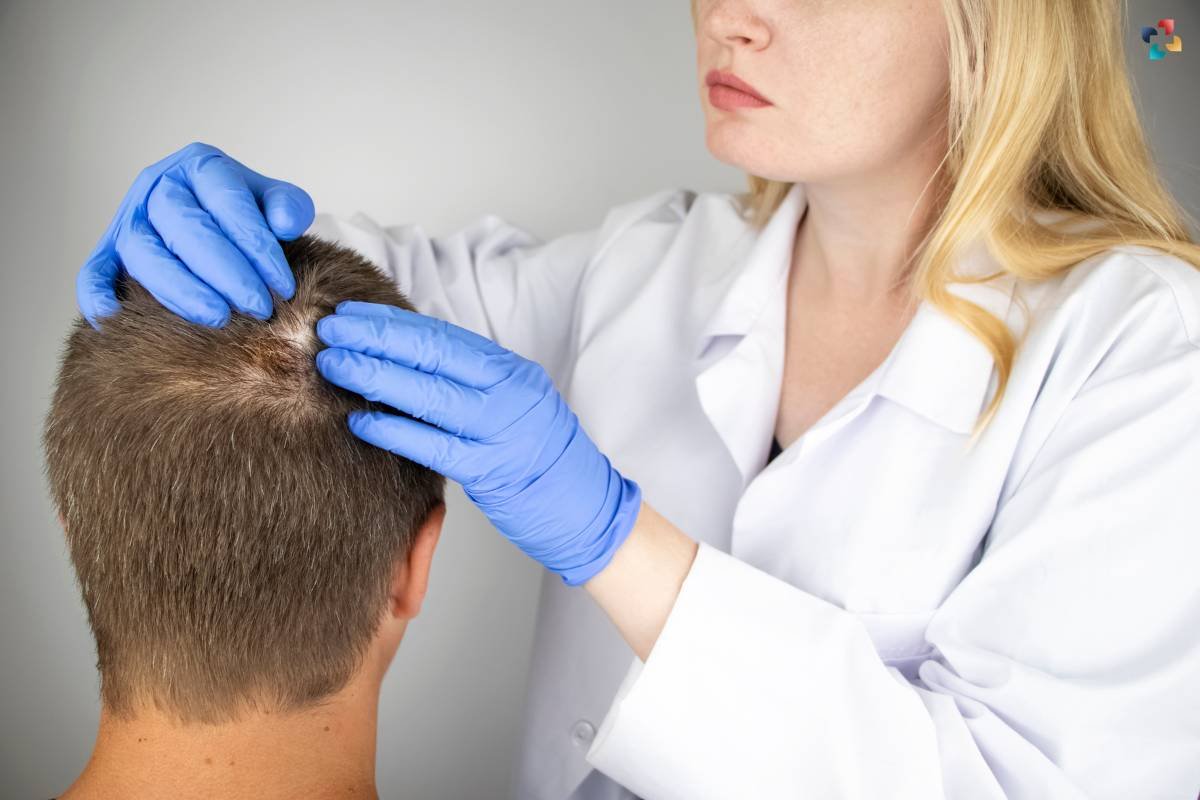
1. Aloe Vera Gel
Applying aloe vera gel to the scalp can soothe the scalp, reduce inflammation, and promote hair growth.
2. Coconut Oil
Massaging coconut oil onto the scalp can nourish the hair follicles, strengthen hair strands, and improve overall hair health.
3. Essential Oils
Some essential oils, such as rosemary, peppermint, and lavender oil, have been shown to support hair growth when diluted and applied to the scalp.
Insights from Medical Professionals
When it comes to men’s hair loss, medical professionals offer valuable insights that can guide individuals in making informed decisions:
- Consultation:
If you’re experiencing significant hair loss, consider consulting a dermatologist or hair specialist. They can diagnose the underlying cause of your hair loss and recommend appropriate treatments.
- Early Intervention:
Hair loss treatments are often more effective when started early. Don’t wait until your hair loss is severe to seek help.
- Treatment Options:
Medical professionals can offer a range of treatment options, from topical medications to oral medications and even hair transplant surgery, based on the severity of your hair loss.
Emotional Impact of Hair Loss
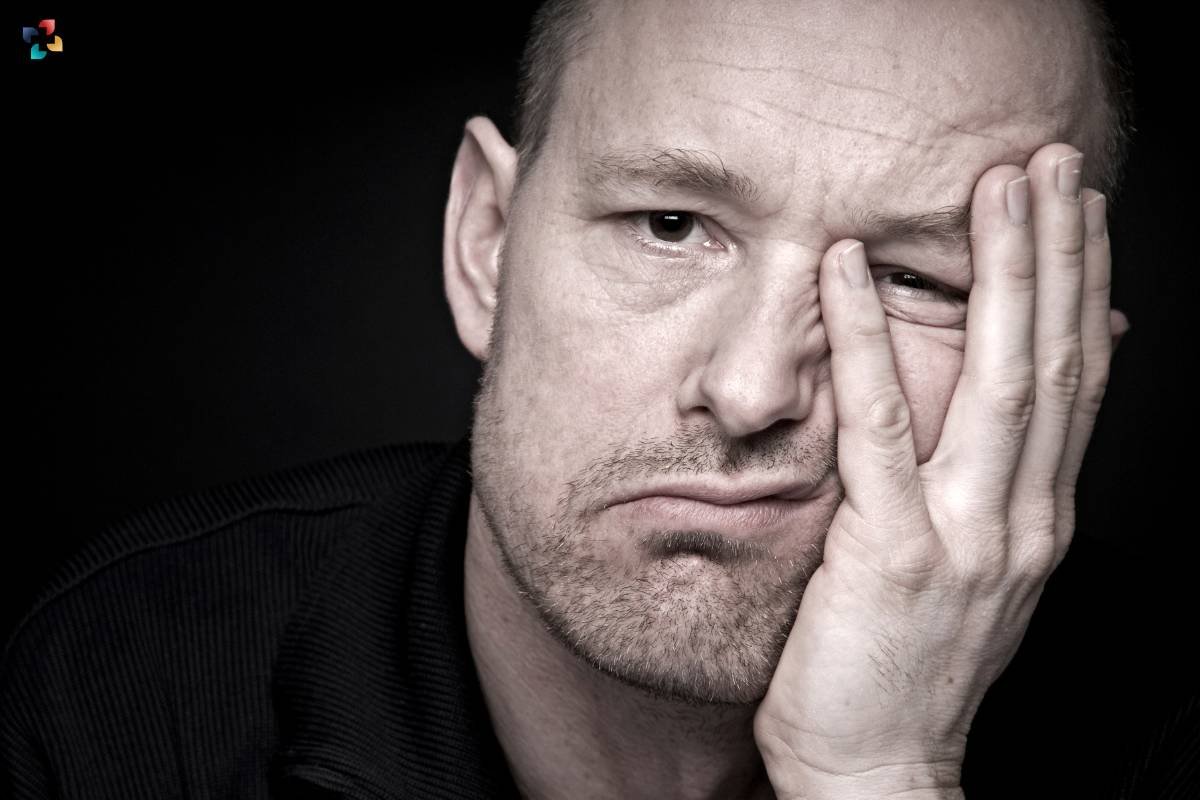
Men’s hair loss isn’t just a physical change; it can also have a profound emotional impact. Hair loss is often linked to feelings of diminished self-esteem, reduced self-confidence, and increased social anxiety. The cultural emphasis on a full head of hair can make the experience of hair loss even more challenging for men.
A Silent Struggle
Men’s hair loss is more than just a cosmetic concern—it’s a journey laden with emotional weight. As hair gradually thins, recedes, or disappears altogether, men often find themselves grappling with complex emotions. The mirror becomes a source of anxiety, and the fear of judgment can lead to a decline in self-confidence. The silent struggle unfolds as individuals grapple with societal expectations and their own perceptions of attractiveness.
The Emotional Impact
Self-esteem, that inner reservoir of self-worth, is intricately tied to appearance. Hair, often considered a symbol of vitality and youthfulness, holds immense significance in this equation. As men experience hair loss, their self-esteem can take a hit. Many begin to associate their changing appearance with a loss of attractiveness, leading to feelings of inadequacy, unattractiveness, and even embarrassment.
The Trauma of Hair Loss
For some men, hair loss isn’t just a matter of physical changes—it’s a traumatic experience that leaves lasting scars on their emotional well-being. The process of losing hair can trigger feelings of grief, frustration, and powerlessness. As they mourn their changing appearance, they may also grapple with the sense of losing a part of their identity. This emotional turmoil can lead to a cycle of negative self-talk, self-doubt, and social withdrawal.
Navigating the Emotional Terrain
Understanding the emotional terrain of men’s hair loss is the first step toward healing. It’s essential to acknowledge the emotional impact and allow oneself to experience the range of feelings that arise. Recognizing that hair loss does not define one’s worth is a crucial perspective shift. Seeking support from friends, family, or mental health professionals can provide an outlet for processing emotions and building resilience.
Conclusion
Men’s hair loss is a complex and multifaceted issue that affects many individuals. While genetics and hormones play a significant role, there are remedies, treatments, and lifestyle changes that can potentially slow down the process and promote hair health. From homemade remedies to medical interventions, a range of options is available for those seeking to address their hair loss concerns. Importantly, seeking guidance from medical professionals and experts is crucial in making informed decisions.
Additionally, recognizing the emotional impact of hair loss and its effects on self-esteem and confidence is essential for holistic well-being. Ultimately, understanding men’s hair loss empowers individuals to take control of their health and make choices that align with their physical and emotional well-being.




